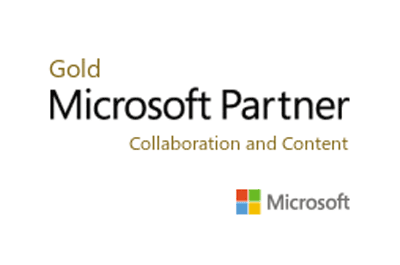There are very few people nowadays who would use a work or personal computer without active anti-virus software. We all know that will quickly lead to a free-for-all for cybercriminals the second you connect to the internet!
However, when it comes to firewalls the picture is less clear. Many small businesses are unsure what a firewall is, or whether they need one. Why is this important? Cybercriminals are now proactively targeting small businesses as well as large ones – businesses who rely on just one defence are leaving themselves dangerously exposed. – What is Cybercrime read here.
What is the Difference Between Anti-Virus Software and a Firewall?
Anti-virus software sits directly on your computer or other device. When viruses and other malware reach your device, the anti-virus software detects and neutralises them. The malware could have arrived through a number of methods – infected USBs or other external devices, infected email attachments, infections spreading from other devices within your network, viruses downloaded from the internet and more.
A firewall does not sit directly on your computer. It sits between your computer and external networks such as the internet, monitoring incoming and outgoing network traffic. It acts as a barrier that prevents malware from reaching your computer or internal private network. The firewall responds to a set of rules. It will determine whether incoming traffic is malware free and depending on your settings can also filter for content e.g. business owners could prevent their employees from accessing gambling or other undesirable sites at work.
Do I Need Both Firewall and Anti-virus?
Firewall and anti-virus are often described as a first and second line of defence. When they work together, they provide much more effective security protection than either product does alone.
Operating a business with anti-virus alone is like hiring a security guard, but then leaving your front door wide open. Cybercriminals have open access to your digital property, and you are reliant on your anti-virus catching them before they do significant damage. Even with a high quality anti-virus software, you are exposing your business to unnecessary risk.
Equally, a business cannot operate with a firewall alone. There are many ways in which malware can reach your computer. A firewall will not protect you from an infected USB or from your employee’s choice to download an infected email file. Whilst a firewall will stop a large number of potential attacks from reaching you, you need anti-virus to protect you from any cyberattacks that come through other routes.
When a firewall and anti-virus software work together, they provide a significantly more effective defence from cyberattacks than you will receive from either product working alone. The firewall filters out the majority of attacks before they reach you and anti-virus then neutralises any that do.
What Type of Firewall Should I Get?
Firewalls don’t have to cost the earth – high quality providers will provide options that are suitable for the size and needs of your business, including for multiple office locations.
A few things to look out for are:
- Automatically updated virus signatures
There are thousands of new malware strains created every day. If your firewall relies on a manual update process, it will constantly be out-of-date when dealing with the latest challenges. Automatic updates ensure that you are always protected.
- Deep packet inspection
Older firewall designs effectively just scan the ‘title’ of a file and then determine what to do with it, as they do not have the processing power to deeply inspect each file. Choose a firewall with ‘deep packet inspection’, which inspect the entire contents of incoming traffic.
- High bandwidth (or no bandwidth restrictions)
Older firewall designs put all incoming traffic in one ‘virtual queue’ to process. If there is too much incoming traffic or overly large files, it will let some files bypass scanning in order to avoid slowing down your system too much. This is dangerous for your business. Next generation firewalls use parallel methods of inspection. As they scan in parallel rather than one file at a time, their capacity is not traffic based. This ensures that every byte of incoming traffic is scanned, however large or small.
- Speed
A quality firewall will not slow down your internet speed. In fact, in certain circumstances it can even make it faster!
Anti-Virus and Firewall – The Perfect Partnership
However large or small your business, you will undoubtedly be dealing with sensitive information and financial details that you do not want to fall into the hands of cybercriminals.
When it comes to data security, prevention is most definitely better than upgrading your IT system in the aftermath of a data breach. Adding a firewall to your existing anti-virus software will increase the security levels of your business, protect your customers better and reduce the risk that cybercriminals pose.
What are you waiting for?



